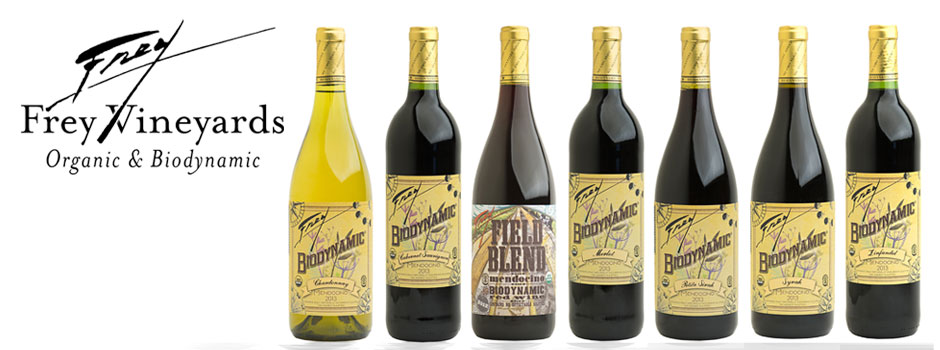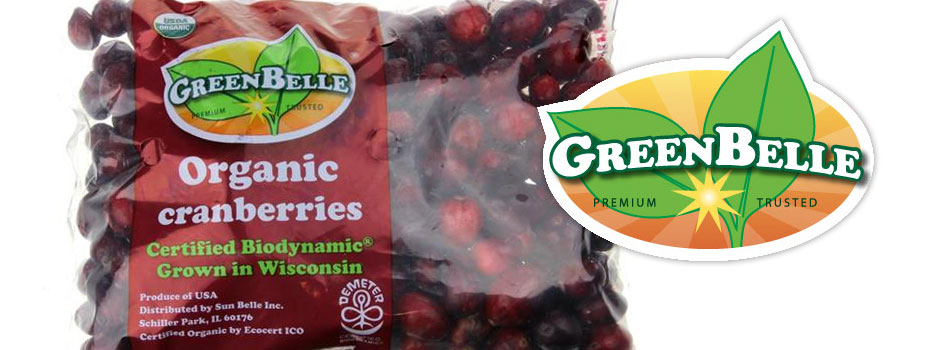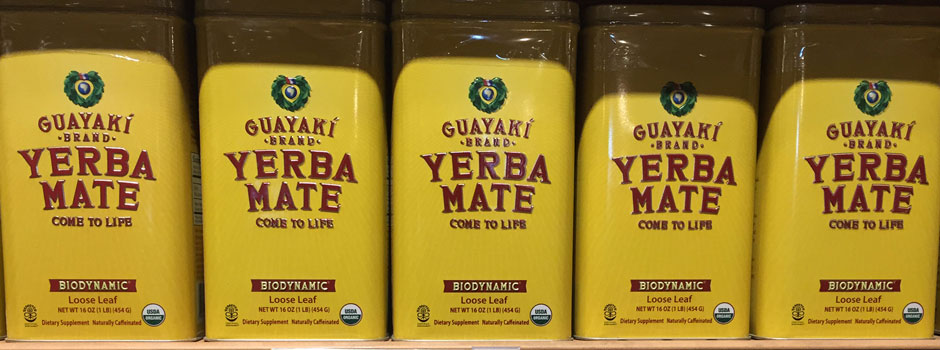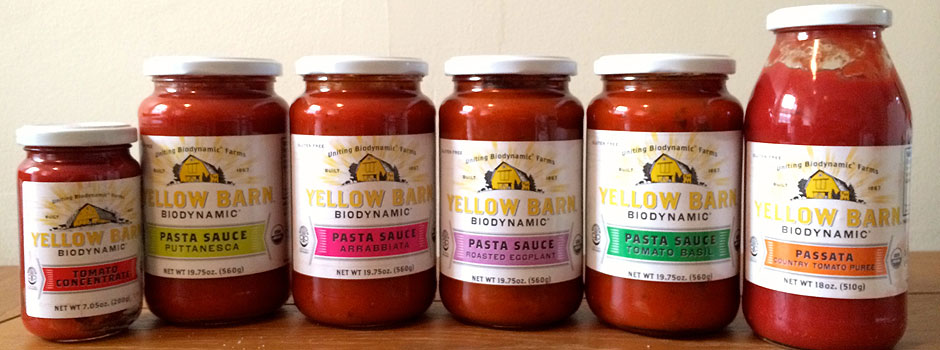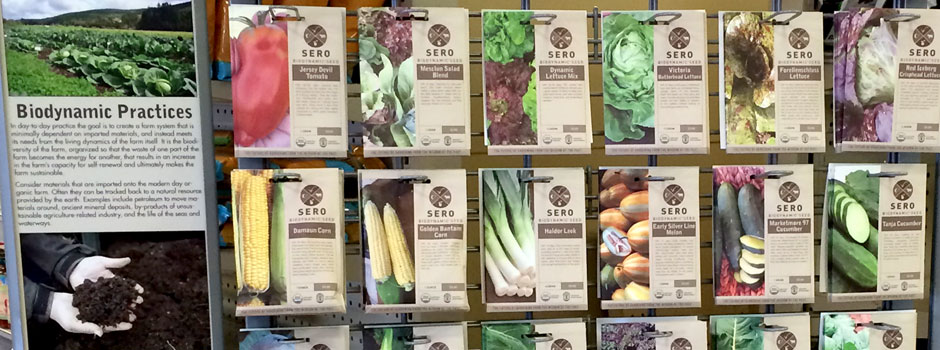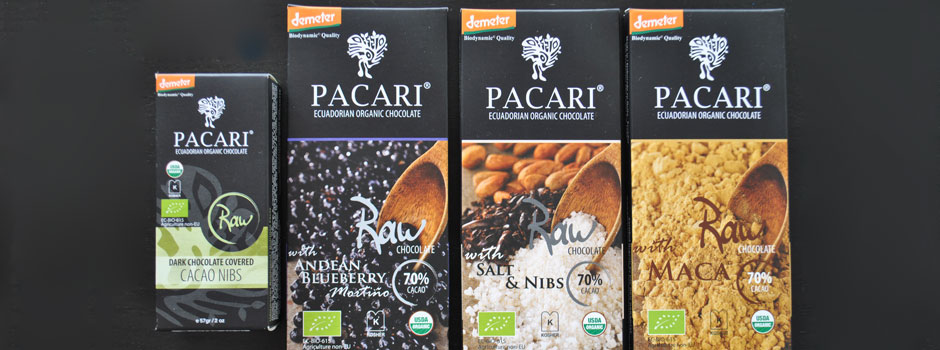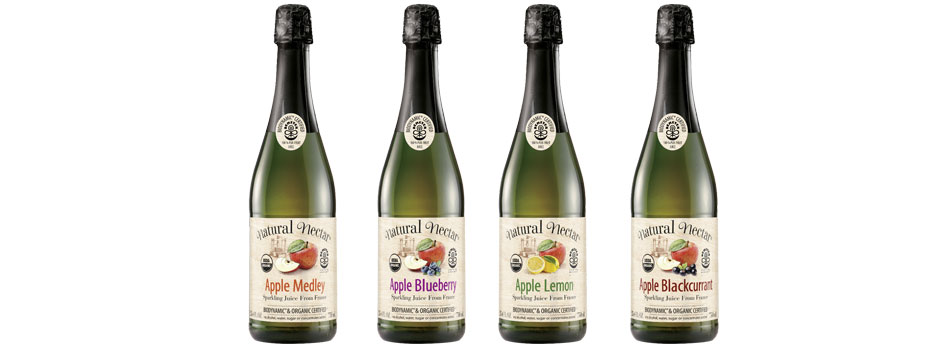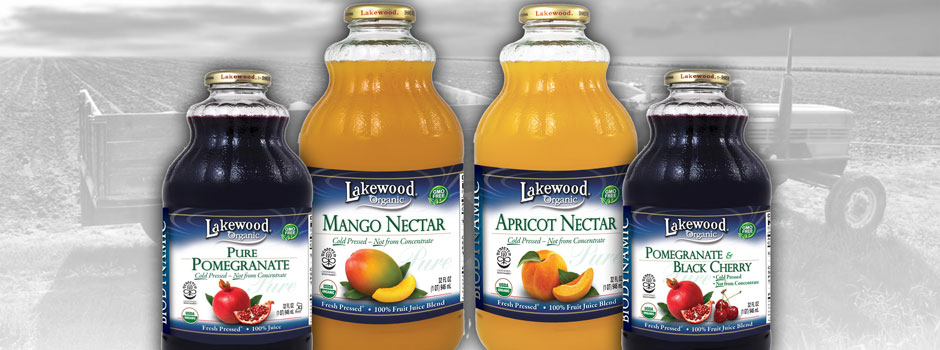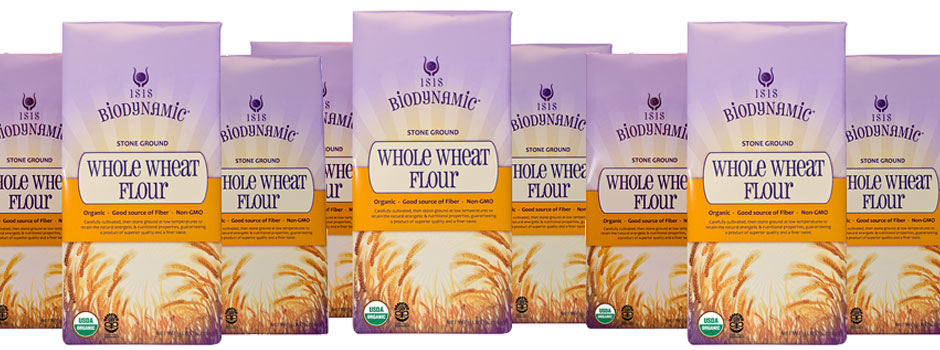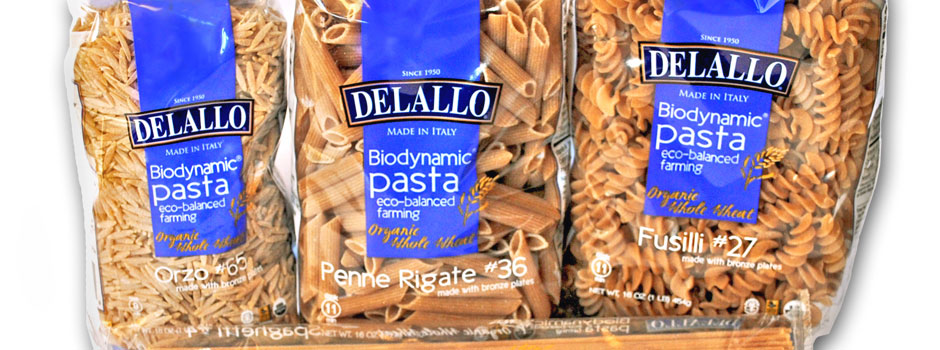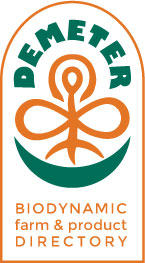“Healing people and the planet through agriculture”
Marketplace Notes...
Building a More Associative Biodynamic Marketplace
The principles and benefits of associative economics, first suggested by Rudolf Steiner back in the 1920s and beautifully exemplified by the community supported agriculture (CSA) movement, are not often observed in the machinations of the capitalist marketplace.  Associative economics puts humans at the center of economic pursuits so that the folks involved can consciously design their relationship based on shared vision and mutually supportive outcomes instead of allowing the unseen workings of market forces to determine those outcomes independently of any shared goals. 
An example of traditional marketplace forces determining outcomes can be drawn from the length of time it took for the organic movement to become mainstream. While organic really started to develop here in the 1970‚Äôs, with more organic farms and more organic products coming into the marketplace during the ‚Äė80s and ‚Äė90s, and organic certification enacted via the USDA‚Äôs National Organic Program (NOP) in 2002, we have finally arrived, over forty years later, with significant acreage dedicated to organic food production and a large array of organic products from which to choose.¬† Indeed, the organic industry currently represents over $35 billion dollars and more than 80% of US families now choose organic at least sometimes.¬†
If we ponder how far the biodynamic movement can evolve as measured by the number of Biodynamic farms and products, we need look no further than Europe for some clues as to the potential of the US marketplace.  In Germany, for example, over 10% of the organic farmland is Biodynamic, and there are thousands of Biodynamic products in European stores.  If we dare dream of a similar situation here in the USA, are we content to wait forty years for it to happen?   Or could we adopt a more associative framework to help us move things along more quickly?  Is it possible to realize the conversion of thousands of acres of organic agriculture to Biodynamic, and a vibrant Biodynamic marketplace representing a grocery cart full of healthful products, within the next ten years?
We at Demeter think we can, which is why we are very focused on developing conscious communication and connections among retailers, processed food companies, and farmers who share the same values of restorative agriculture, healthy foods, and environmental stewardship of our planet.  We have taken on this responsibility because our mission- to enable people to farm successfully, in accordance with Biodynamic practices and principles- includes the economic success of our members, and one can’t hope for economic success without a marketplace that values Biodynamic farming and the products that result.  But making that happen is a real Catch 22: how can we begin to educate consumers about the benefits of Biodynamic farming and products without a national marketplace full of products from which to choose, while at the same time how can we convince food companies to bring these products to market without consumers clamoring for them? 
The answer to this dilemma of course lies in forming an association of all the key members in the supply chain working together to create this marketplace by producing the products well in advance of consumers asking for them. ¬†¬†A really great example of this type of association is one we have recently experienced working with Lundberg Family Farms.¬† Encouraged by Demeter and Whole Foods Market to bring a Biodynamic rice product to store shelves, Lundberg turned to their chief agronomist and Grower Services Manager Lance Benson, a 300-acre organic rice farmer himself, to ask for his guidance.¬† Curious to learn more, Lance agreed to work with the Demeter Biodynamic¬ģ Farm Standard for a year. We are happy to report that the Benson farm was Demeter certified last fall, and Lance‚Äôs rice- a short grain brown rice- will be the first Demeter certified rice gracing Whole Foods‚Äô store shelves starting this month.¬† When asked about its quality, Lance said: "I personally think it tastes much sweeter, less diluted, probably more expression of what the true genetic varietal taste should be."¬†
The Lundberg family owns and has contract growers representing 13,000 acres.  While we can only hope that all of the acreage will someday be converted to Biodynamic, Lance’s farm is a great place to start.  And in the meantime, this project represents a beautiful example of a committed retailer, processed food company, and farmer all working together with a shared vision of creating the most healthful and delicious products produced by a farming method that represents the very best in holistic stewardship, well in advance of broad consumer awareness, because it's the right thing to do.
Associative economics describes a method to bring humanity, individually and collectively, together for mutual benefit.  This can only be achieved when success is grasped as a whole, not from the point of view of one person or one company, but instead together, partnered in a vision to help heal our planet through agriculture.  Here’s to thousands of Biodynamic farms, and grocery carts full of Biodynamic products, sooner rather than later.
- Elizabeth Candelario
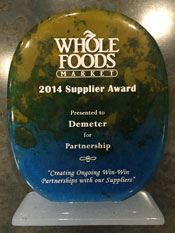
Demeter was recently honored at the Whole Foods Market 2015 Supplier Awards ceremony with the "Partnership" award for Demeter’s integral involvement in the development, launch, and execution of Whole Foods Market’s Biodynamic marketplace program.   Thanks Whole Foods!
---------------------
Previous Articles
- Using the Biodynamic Calendar
- Healing the Planet Through Biodynamic Agriculture
- Building a More Associative Biodynamic Marketplace
- Feeding Our Souls
- Healthy Food, Healthy People, Healthy Planet
- Food Security and Your Right to Know
- Truth in Labeling - Part 1
- Truth in Labeling - Part 2
